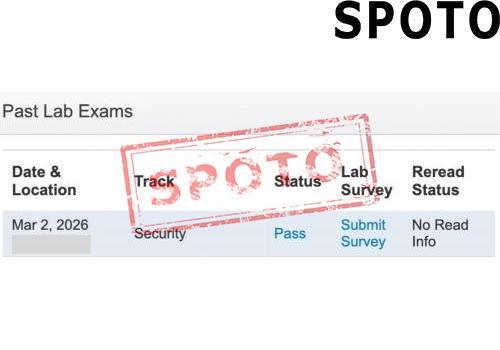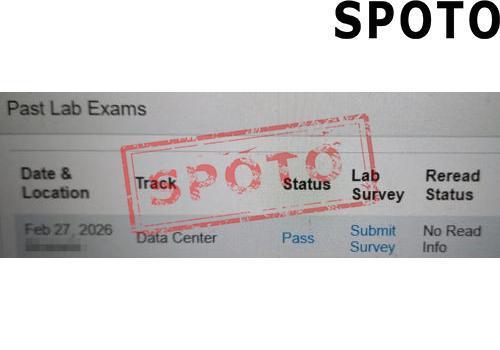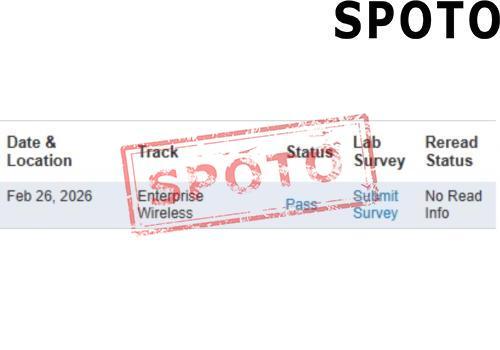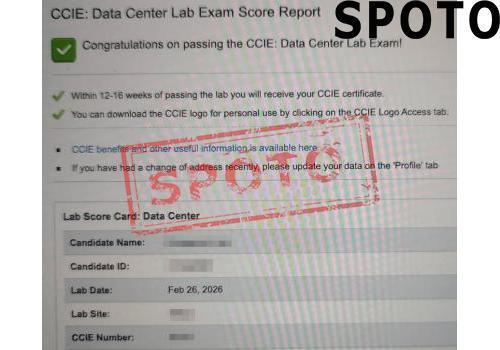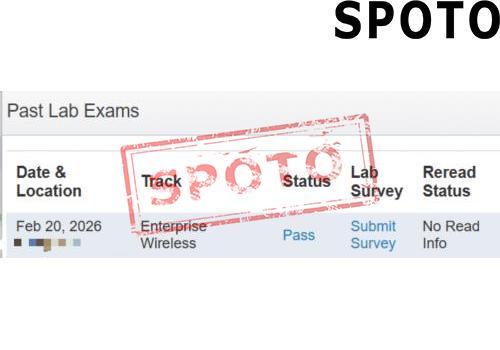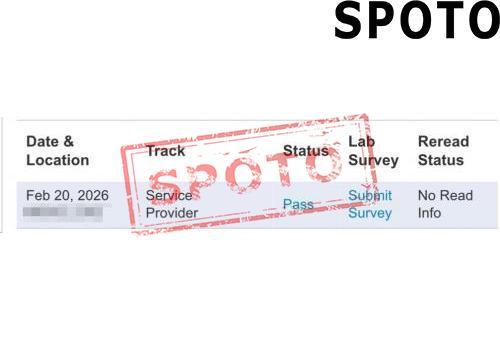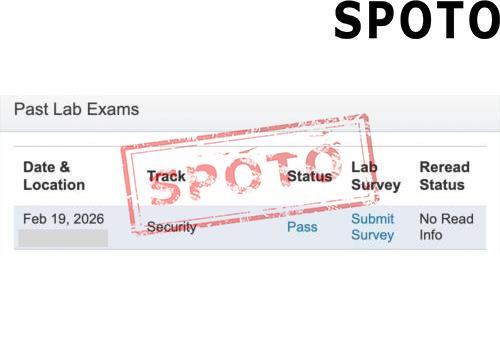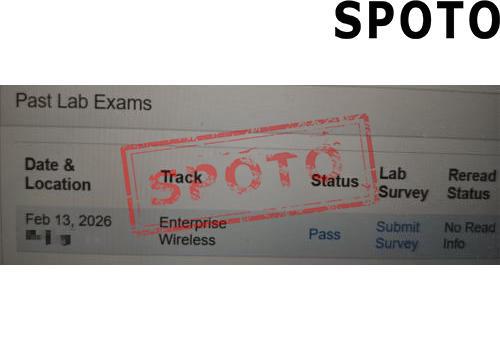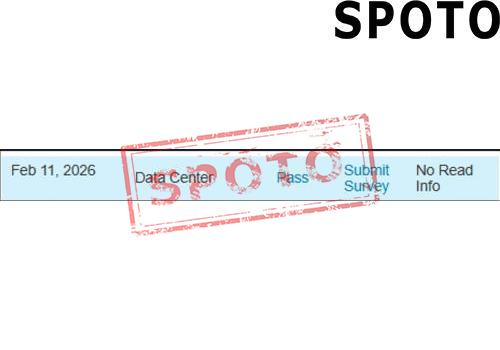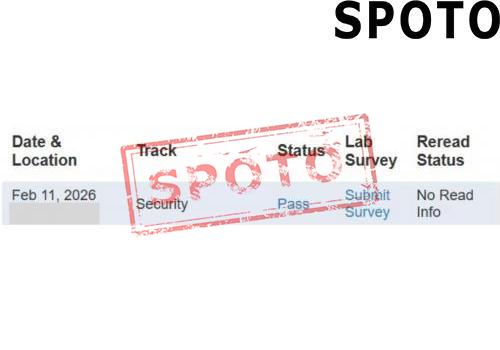
Table of Contents
CCIE Certification Prerequisites: What You Really Need
Contrary to common belief, Cisco does NOT require a university engineering degree for CCIE certification. Instead, Cisco focuses on your skills, experience, and exam performance.
Official CCIE Prerequisites:
-
No Formal Degree Required
-
CCIE has no minimum education requirement. You can hold any degree—or none—and still pursue CCIE.
-
-
Recommended Experience
-
3–5 years of hands‑on networking experience is strongly recommended.
-
Solid background in routing, switching, security, data center, collaboration, or service provider technologies.
-
-
Prior Certifications (Optional but Helpful)
-
CCNA and CCNP certifications provide a structured learning path.
-
Many candidates hold CCNP Enterprise (or relevant CCNP track) before tackling CCIE.
-
-
Passing the CCIE Written Exam
-
A qualifying, online exam testing your foundational and advanced knowledge.
-
Valid for 3 years—you must pass the lab within that window.
-
-
Passing the CCIE Lab Exam
-
An 8‑hour, hands‑on lab that validates your ability to configure and troubleshoot complex networks.
-
CCIE Exam Eligibility & Requirements
| Prerequisite | Detail |
|---|---|
| Education | None (any degree or equivalent experience accepted) |
| Experience | Recommended 3–5 years of professional network engineering |
| Written Exam | One proctored, multiple‑choice exam covering core and specialist topics |
| Lab Exam | Eight‑hour, performance‑based lab in a Cisco lab facility |
| Recertification | Every 3 years via lab retake or CE credits |
Why an Engineering Degree Isn’t Mandatory
-
Hands‑On Skills Matter Most
Cisco’s CCIE lab focuses on real‑world configurations and troubleshooting—not academic theory. -
Multiple Backgrounds Succeed
Candidates from IT support, system administration, and even non‑IT fields have cracked the CCIE through rigorous self‑study and lab practice. -
Structured Path Without a Degree
Use CCNA → CCNP → CCIE as a roadmap. Each step builds on practical knowledge, not formal education.
How to Get CCIE Certification Without a Degree
-
Build Strong Foundations
-
Start with CCNA (Routing & Switching) and CCNP Enterprise.
-
Gain deep expertise in your chosen CCIE track (e.g., Security, Data Center).
-
-
Invest in Hands‑On Labs
-
Use physical gear, virtual labs (Cisco VIRL), or rack rentals.
-
Practice complex scenarios under timed conditions.
-
-
Study the Exam Topics Thoroughly
-
Download the official CCIE exam blueprint from Cisco’s website.
-
Focus on advanced routing protocols, QoS, security, automation, and programmability.
-
-
Take the Written Exam Early
-
Passing the written exam gives you a 3‑year window for the lab—start early to maximize time.
-
-
Join Study Communities
-
Engage in CCIE forums, study groups, and bootcamps (e.g., SPOTO’s CCIE prep) for tips and mock labs.
-
Key Takeaways: CCIE Certification Prerequisites
-
No degree needed—only proven expertise.
-
3–5 years of networking experience is recommended.
-
CCNA/CCNP credentials streamline your path but aren’t mandatory.
-
Written + Lab exams are the only formal hurdles.
-
Hands‑on practice is your ticket to success.
